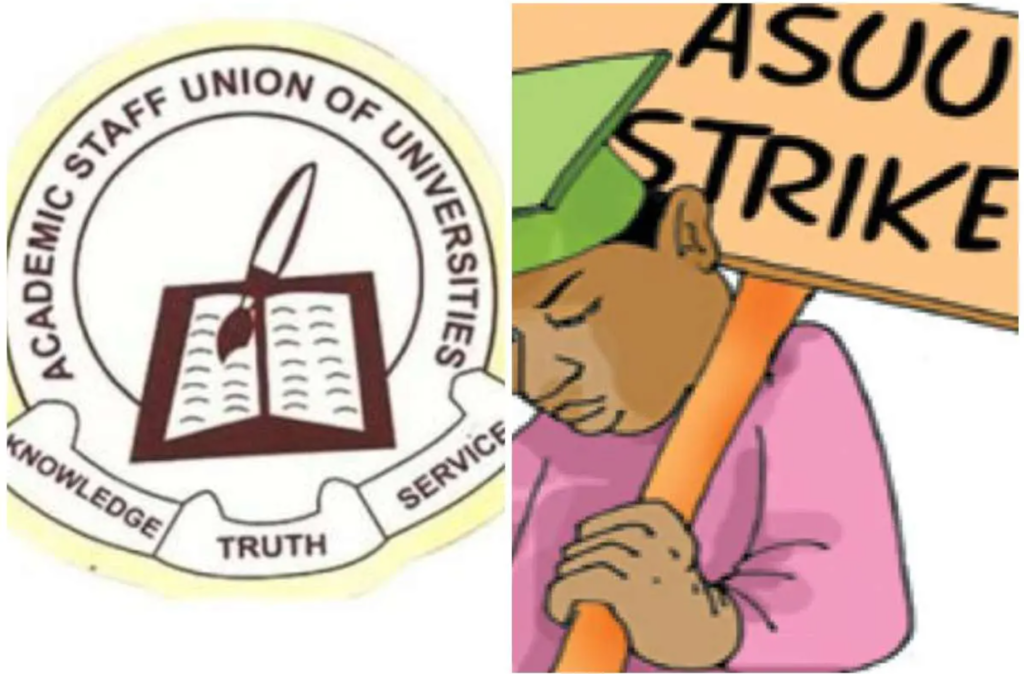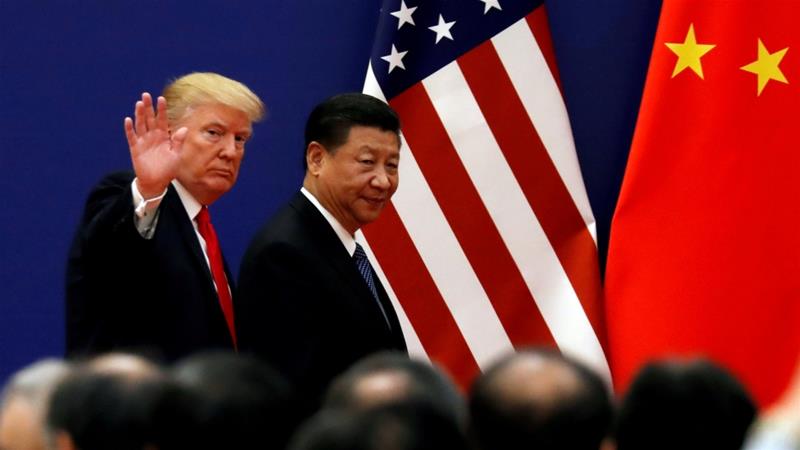
The Non-Academic Staff Union of Educational and Associated Institutions (NASU) says it will begin a 14-day warning strike in Federal Universities, Polytechnics and Colleges of Education, over shortfall in payment of its members’ salaries.
Mr Peters Adeyemi, General Secretary of NASU, made this known in a statement on Monday in Abuja.
Adeyemi said that the non-teaching staff union was protesting the short-payment of its members’ salaries since February 2020 through the Integrated Payroll and Personnel Information System (IPPIS).
According to Adeyemi, the association has filed the Trade Dispute Act CAP 432, Trade Disputes (Essential Services) Act, CAP 433 of the law of the Federation of Nigeria 1990 and Trade disputes (Amendment) Decree No 47 of 1992 otherwise called Form TD/3.
He said NASU has duly filed official complaints against the Office of the Accountant General of the Federation in its filled form TD/3, titled ‘notification of trade dispute, inter and intra– union disputes by employers/workers organisation, among others.
“We have raised issues in dispute to include non-payment of salaries to some staff, short payment salaries to some staff, failure to pay approved allowances as contained in the FGN/NASU year 2009 agreement.
READ ALSO: IPPIS has brought untold hardship to us – SSANU
”Others are, non-deduction of check-off dues, and non-deduction of cooperative and other deductions of its members in the Federal Universities and inter-university centres, Federal Polytechnics and Federal Colleges of Education.
“We have also stated in the petition that various steps aimed at resolving the crisis have failed, ” he said.
He, however, noted the steps so far taken to resolve the issue include, meeting of NASU leadership with the Director, IPPIS on Jan.21, 2020.
He said another meeting of NASU leadership with the same director was held on Feb. 4, 2020, which did not yield desired result.
Adeyemi also said that a letter had been issued to the Minister of Labour and Employment, Sen. Chris Ngige, declaring a trade dispute over IPPIS officials refusal to effect appropriate corrections of all the anomalies.
He said that in spite of the assurances given by the minister, the issues has continued to linger.
Adeyemi added that NASU members have continued to observe the anomalies in their salaries paid in February, March and April.
He, therefore, said that NASU’s complaints as contained in its letter dated April 7, 2020, fell on deaf ears as none of it was addressed in the March salaries.
“It is unfortunate that IPPIS has only betrayed the leadership of NASU by deceiving us into accepting that the IPPIS platform will take on board all the peculiarities affecting our members and that there will be no problem if we key into the platform.
“Now we know better. IPPIS promises of doing a three-month experiment has become very disastrously and we are unable to allow this defective and deficient process to continue,” he said.
Adeyemi noted that NASU has issued a notice of the strike, having fulfilled all the statutory requirements.
He said the association has also placed all its members in the Federal Universities and Intra-University Centres, Federal Polytechnics and Federal Colleges of Education on a 14-day warning strike.
He added that the strike takes effective from the date of the resumption of work in all the mentioned institutions.
“Thereafter, an indefinite strike will follow if positive action is not taken to remedy the situation, ” he said.
Adeyemi said that the strike notice has been conveyed to its members during the weekend through a letter with reference number NASU/CD/307/209.
He said the 14-day warning strike would be used to protest the refusal of IPPIS to react positively to issues that affect the correct payment of its members’ salaries and other errors identified which have been placed before the IPPIS for correction.
Meanwhile, Mr Henshaw Ogubike, Director, Information, Press and Public Relations, OAGF, in a statement said that his attention has been drawn to series of reports on claims by tertiary institutions unions, over IPPIS deductions in their salaries, among others.
Ogubike said it was important to put the records straight for the interest of the general public and majority of staff of tertiary institutions that have displayed unparalleled understanding and cooperated with IPPIS until date.
“This office is not unaware that there are bound to be teething challenges arising from migration of tertiary institutions onto IPPIS platform.
” This requires the cooperation and understanding of all the tertiary institutions to enable us to effect the necessary corrections as quickly as possible.
“On the completion of this process, the issue of payment of consequential arrears can be meaningful and realistic to ensure that there is no overpayment or underpayment arising from the payment,” he said.

